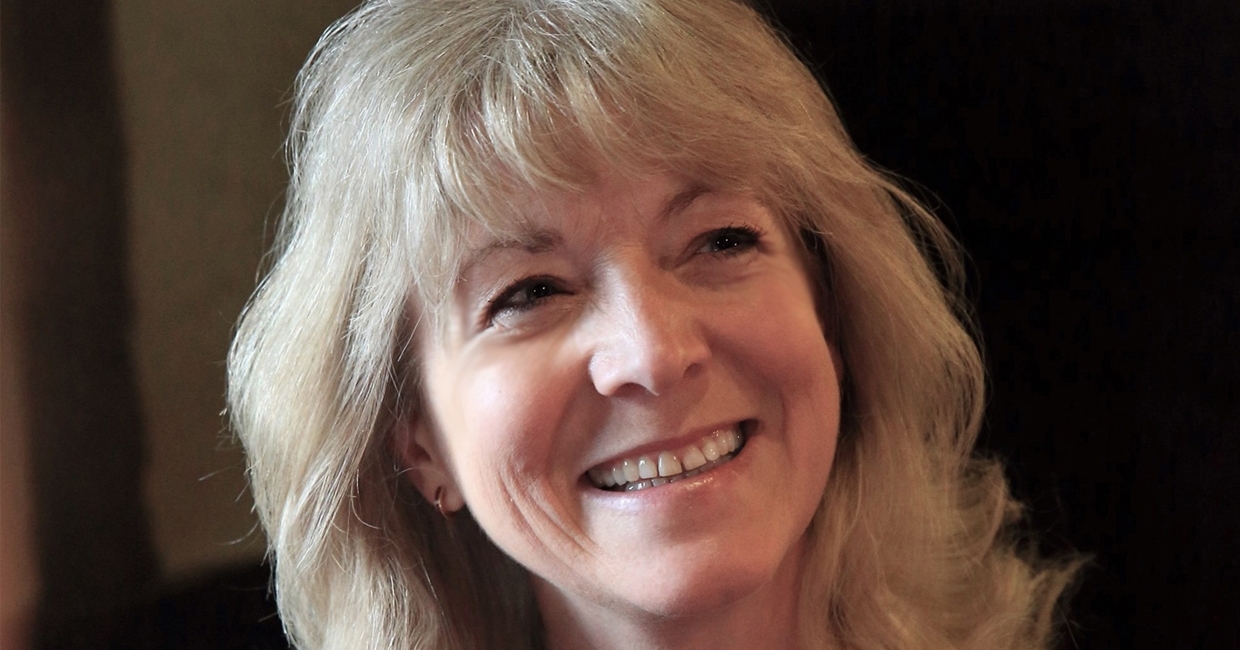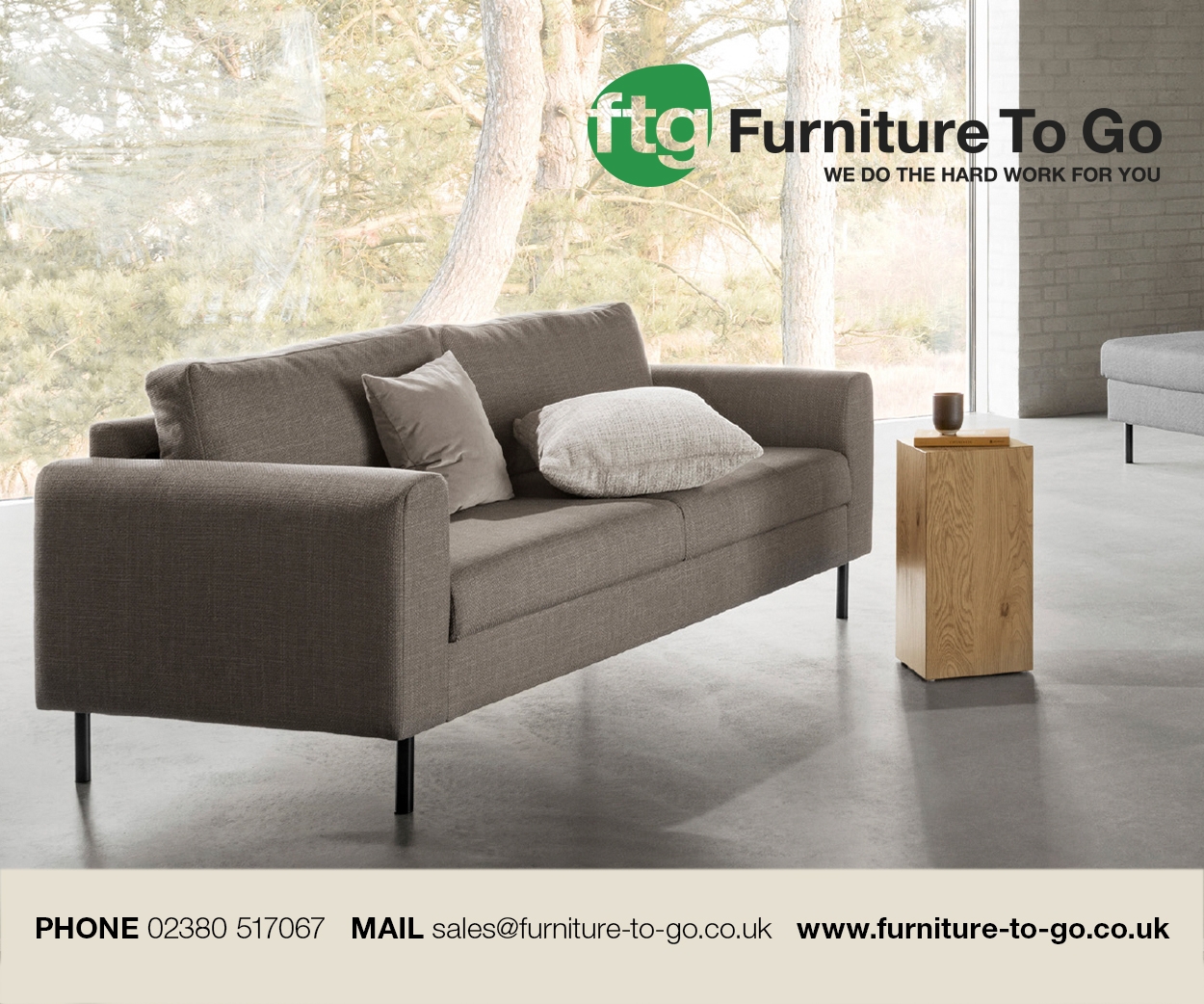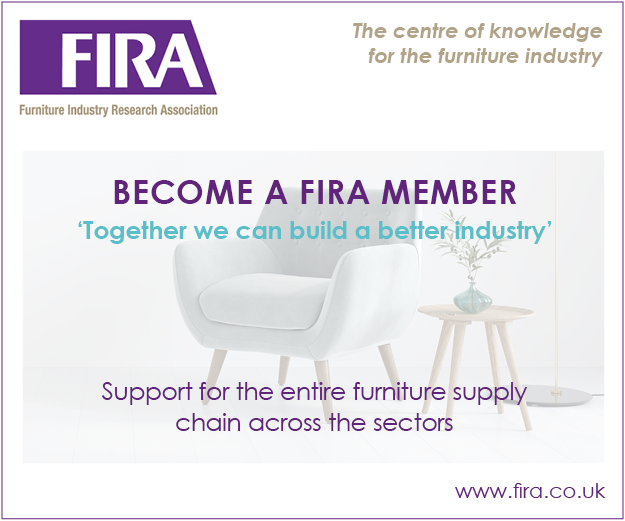The UK furniture industry remains a male-dominated environment, but women are increasingly making the decisions which shape the sector. In April's Furniture News, we asked some of the trade’s leaders to offer their views on gender politics, female recruitment and the rate of change – here's what consultant Joanna Knight had to say …
Marketing and communications specialist Joanna runs The Knight Partnership consultancy, which offers a range of services to the workplace interiors sector. As well as advising various trade associations, Joanna is Women in Office Design’s (WOD) sustainability and circular economy manager.
Day to day, how aware are you of the furniture industry’s gender balance? Is equality important to you?
I am fortunately no longer aware of the furniture industry’s gender balance on a day-to-day basis. Over the past 10 years, in particular, the number of women working in the office and contract furniture sector has increased dramatically – but there does remain an imbalance within certain job roles and there are still too few women in board level and senior leadership positions.
Equality is very important to me, although I would stress that it’s more about balance and inclusion. Different backgrounds and experiences provide a wider perspective, which results in a more dynamic, forward-thinking organisation. Personally, I reject positive discrimination as I believe women want to initiate, lead and influence purely because they are the best person for that role. The workplace should not be about winners and losers – it should embrace differences and harness this energy to make a positive difference to the common cause.
At the start of your career, were you made to feel welcome by the trade, or did you have more obstacles to overcome than a man might?
I started working in the office furniture sector in the late 1980s. At that time, the industry was very ‘male and pale’. I was determined to succeed, but suspect that I subconsciously knew that I could only achieve my own goals through working for myself. Even then, I was subject to male ‘banter’ and aimed to use this to my advantage. I knew I could ‘hold my head high’ as I was running a successful marketing consultancy. I accepted the behaviour as part of ‘normal’ working life, and focused on achieving results for my clients.
Is there anything you know about women and the workplace now that you wish you’d known sooner?
In the early 2000s, I became a founder director of a furniture company focused on the supply and lifecycle management of furniture and equipment. I was the only women in a senior leadership position, and did find it difficult to communicate with some of my male colleagues. I know that I felt that I had to act like a man to belong and compete. Not being a man, I struggled with this approach, until I realised that I would achieve far more if I behaved like me – a woman! By competing on my own terms, I became far more successful.
Can you share an anecdote/example of a time you felt held back or discriminated against due to your sex?
There were numerous occasions when I was the only woman in the room. I would be presenting to, and accompanied by, a group of men. It was extremely frustrating that all the questions were directed to the men in the room – even though I was a director of the business. I would feel like I was invisible. I had to work harder and show greater creativity and determination simply because I was a woman!
Conversely, can you identify any stand-out gestures of fairness/equality?
I have experienced numerous times when men and women have shown fairness and equality. I have personally thanked many men and women for demonstrating respect, support and valuable advice.
Do you feel things are generally heading in the right direction? How can other people/the industry make a difference?
I do feel that things are heading in the right direction, but there’s still a long road ahead for diversity and inclusion in general. Flexible working arrangements will encourage a positive way forward regardless of gender, whilst also normalising hands-on fathering and recognising parental care responsibilities too. Ultimately, it will enable the best person to be employed for the job.
It is hard to speak out without appearing to be an ‘extremist’. It is, however, necessary to help to prevent workplace harassment and reduce bias. Diversity and inclusion must be actively embraced at the highest level. Policy documents are great, but there must be practical processes to facilitate change. Interview panels, for example, should be ‘inclusive’ to exclude unintentional bias.
What would you tell young women who are thinking about entering the furniture industry?
Be yourself! Focus on your own strengths and recognise your weaknesses. We are all different and have varied skills to offer. It is usually possible to find ‘mentors’ – not necessarily a formal arrangement, but someone you can learn from and exchange ideas and opinions. I have found it extremely beneficial, in the role of mentor and ‘mentee’, and built some lifelong relationships along the way.
Read the complete feature in April's Furniture News.












